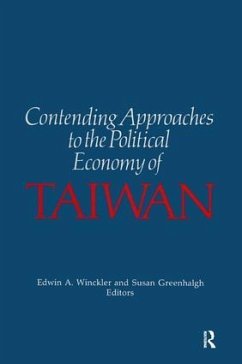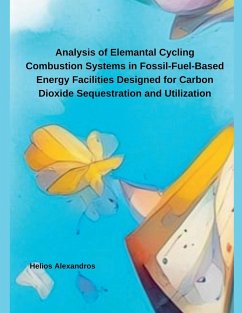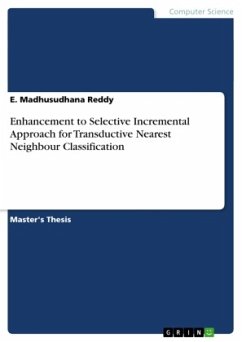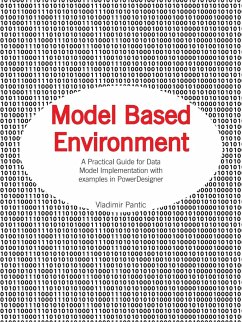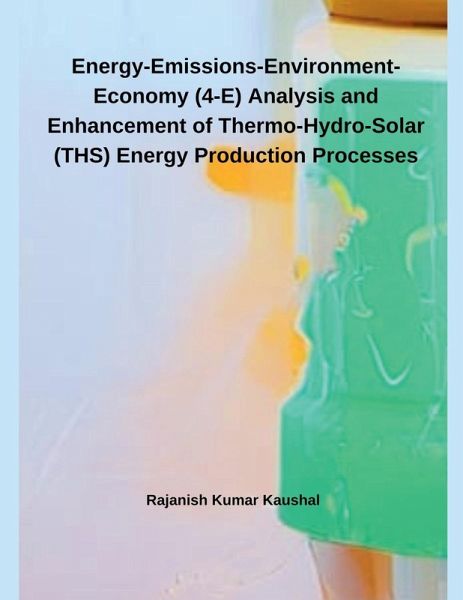
Energy-Emissions-Environment-Economy (4-E) Analysis and Enhancement of Thermo-Hydro- Solar (THS) Energy Production Processes
Versandkostenfrei!
Versandfertig in 1-2 Wochen
43,99 €
inkl. MwSt.

PAYBACK Punkte
22 °P sammeln!
Electrical power systems are among the most complicated industrial systems of today's civilization that play a key position in the functioning of contemporary societies. To play this role, electrical power production and distribution must be achieved in an environmental friendly, cost-effective and reliable manner. The continuing challenge of electrical engineers around the world is to produce, transmit and distribute electricity efficiently. One of the primary goals of the operations and planning project is the lowest possible cost for power demand. The security of individuals and equipment i...
Electrical power systems are among the most complicated industrial systems of today's civilization that play a key position in the functioning of contemporary societies. To play this role, electrical power production and distribution must be achieved in an environmental friendly, cost-effective and reliable manner. The continuing challenge of electrical engineers around the world is to produce, transmit and distribute electricity efficiently. One of the primary goals of the operations and planning project is the lowest possible cost for power demand. The security of individuals and equipment is a more essential goal. In addition, as a result of the increased number of power generating plants, minimizing the environmental impact of power generation becomes extremely important. Energy sources can be classified into two categories on the basis of how easily they can be replenished. The first is conventional energy sources and the second is non- conventional energy sources. When energy source can't recycle once after use, it called as a traditional energy source or non-renewable energy. Petroleum, coal, natural gas and nuclear energy are the most common conventional or traditional energy sources. The world's industrial energy generation involves about 90% of petroleum, oil and natural gas, and about 10% of hydro and nuclear energy [1]. The major share of the global electric energy is produced by thermal plants that consume fossil fuels. Heat energy is released from such power plants and converted to electricity generation as a mechanical form of energy. This transformation is carried out via thermal cycles with conversion efficiencies of less than forty percent [2]. It increases the consumption of fuel and decreases the resources that exist. In contrast, the steadily growing worldwide demand for electricity accelerates the depletion of fuel supplies.






